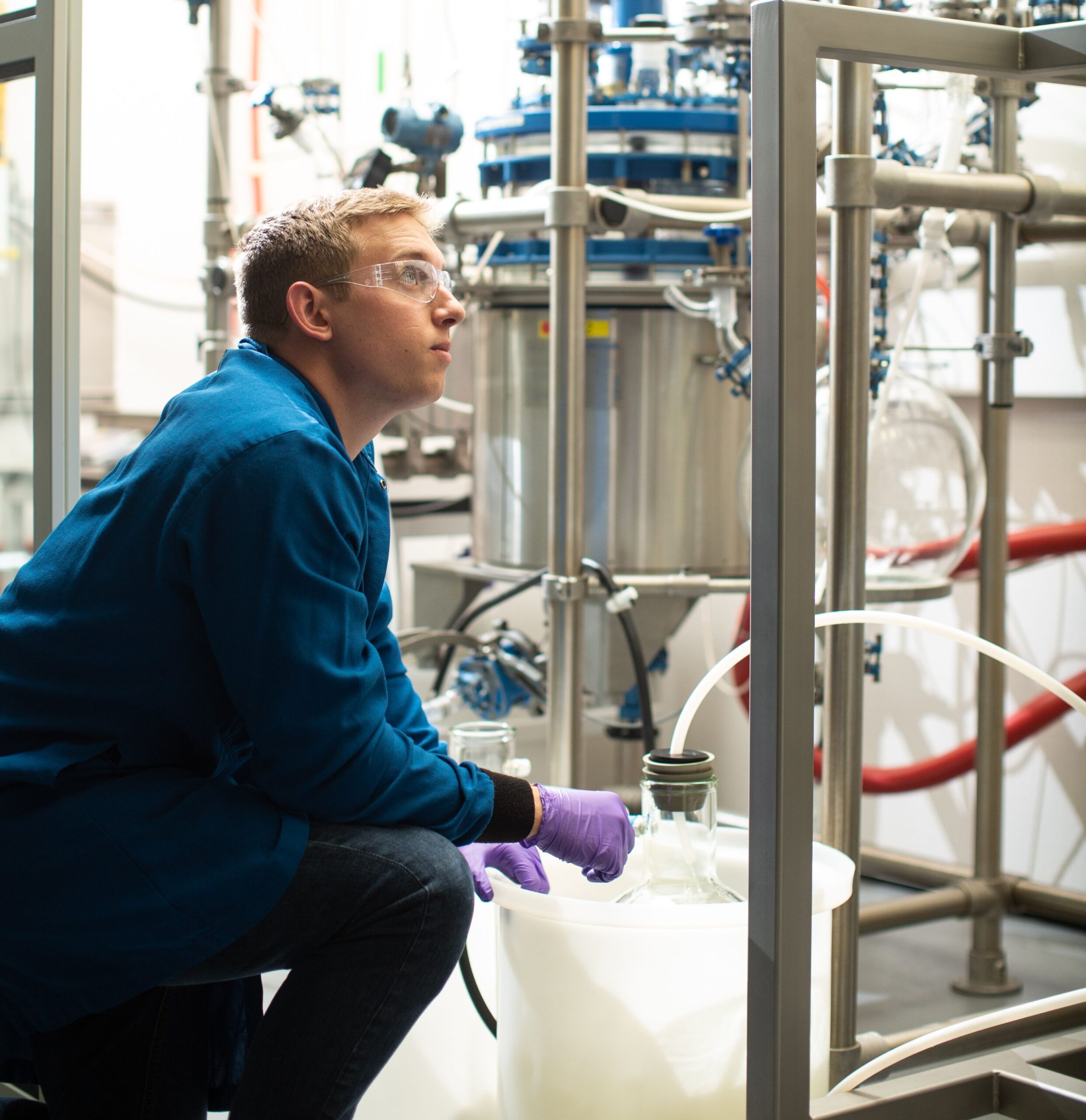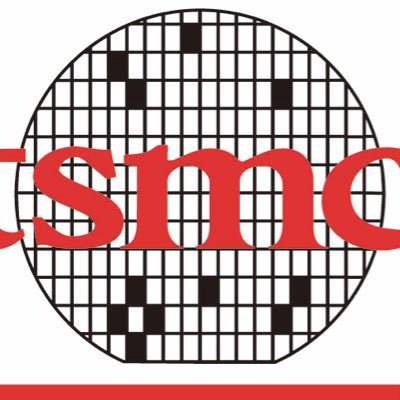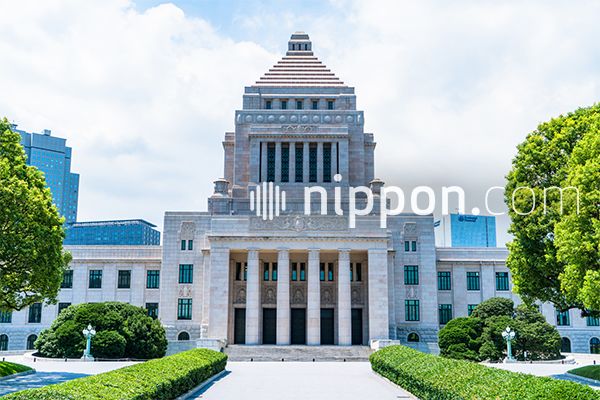Pharma's Comeback: Could Trump's Trade Tactics Spark a U.S. Manufacturing Renaissance?
Manufacturing
2025-03-29 00:31:54Content

As the pharmaceutical industry braces for potential new trade policies, speculation is mounting about the far-reaching implications of President Donald Trump's proposed tariffs on international drug manufacturing. Industry experts and market analysts are closely examining which pharmaceutical companies stand to be most significantly affected by these potential trade restrictions.
The anticipated tariffs could dramatically reshape the global pharmaceutical landscape, forcing companies to reevaluate their international supply chains and manufacturing strategies. With the possibility of increased costs and complex regulatory challenges, drug makers are scrambling to assess their vulnerabilities and develop contingency plans.
Pharmaceutical giants and smaller biotechnology firms alike are now conducting in-depth analyses of their current production networks, seeking to understand how these potential trade barriers might impact their bottom line and competitive positioning in the market.
As the situation continues to evolve, stakeholders are watching closely, recognizing that these proposed tariffs could have profound consequences for drug pricing, availability, and the overall structure of the international pharmaceutical industry.
Pharmaceutical Tariffs: A Seismic Shift in Global Manufacturing Dynamics
The pharmaceutical industry stands on the precipice of a transformative moment, as potential trade policies threaten to reshape the global landscape of drug manufacturing and economic strategies. With geopolitical tensions and protectionist policies gaining momentum, pharmaceutical companies are bracing for unprecedented challenges that could fundamentally alter their operational frameworks and international supply chains.Navigating Uncertain Waters: The Pharmaceutical Industry's High-Stakes Challenge
Economic Implications of Domestic Manufacturing Mandates
The proposed tariffs represent more than a simple trade restriction; they embody a complex geopolitical strategy with far-reaching consequences for pharmaceutical corporations. Multinational companies will be compelled to reevaluate their entire manufacturing ecosystems, potentially triggering massive investments in domestic production infrastructure. This shift could dramatically increase production costs, potentially leading to higher drug prices and reduced accessibility for consumers. Pharmaceutical executives are now engaged in intricate strategic planning, assessing the potential financial ramifications of relocating manufacturing facilities. The economic calculus involves complex considerations including labor costs, technological capabilities, regulatory environments, and long-term investment sustainability.Technological and Infrastructural Transformations
The potential tariff implementation will necessitate substantial technological investments in domestic manufacturing capabilities. Pharmaceutical companies will need to rapidly develop sophisticated production technologies, recruit specialized talent, and create robust supply chain networks within national boundaries. Advanced manufacturing technologies like artificial intelligence, robotics, and precision engineering will become critical in maintaining competitive advantages. Companies that can swiftly adapt and innovate will likely emerge as industry leaders, while those unable to pivot may face significant market challenges.Geopolitical Dynamics and Strategic Repositioning
The proposed tariffs reflect broader geopolitical tensions and a growing trend towards economic nationalism. Pharmaceutical companies must now navigate a complex landscape where political decisions directly impact their global strategies. This environment demands unprecedented levels of agility, strategic foresight, and diplomatic engagement. International relationships, trade agreements, and diplomatic negotiations will play increasingly crucial roles in determining the future of pharmaceutical manufacturing. Companies will need to develop sophisticated governmental engagement strategies to mitigate potential economic disruptions.Workforce and Talent Management Challenges
Domestic manufacturing mandates will create significant workforce transformation requirements. Pharmaceutical companies will need to invest heavily in training programs, educational partnerships, and talent development initiatives to build a robust domestic manufacturing workforce. The talent acquisition landscape will become increasingly competitive, with organizations seeking specialized professionals capable of managing advanced manufacturing technologies and navigating complex regulatory environments.Regulatory Compliance and Innovation Ecosystem
The shift towards domestic manufacturing will necessitate comprehensive regulatory framework adaptations. Pharmaceutical companies will need to work closely with governmental agencies to develop new compliance standards, quality control mechanisms, and innovation support structures. This regulatory evolution presents both challenges and opportunities, potentially fostering a more dynamic and responsive pharmaceutical innovation ecosystem within national boundaries.RELATED NEWS
Manufacturing

Manufacturing Mirage: How Trump's Economic Promise Unraveled the Dollar's Global Grip
2025-03-17 07:51:57
Manufacturing

Chip Titans: How Taiwan Semi Is Winning the Billionaire Investment Sweepstakes
2025-03-05 10:51:25
Manufacturing

Chip Giant TSMC's Mega Gamble: A $100 Billion Bet That Could Reshape Global Tech
2025-03-31 18:12:30





